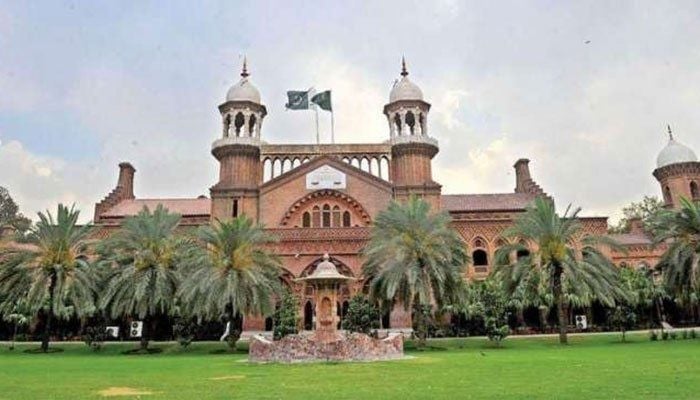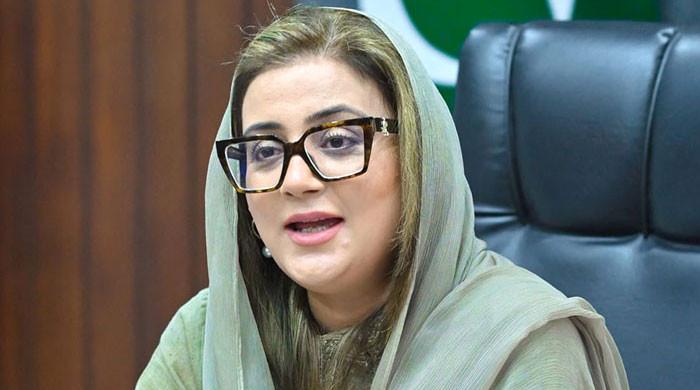Demand for presidential system against constitution: LHC
The petition goes against the basic structure of the constitution regarding democracy, says Justice Jawad Hassan
February 10, 2022

- Lahore High Court dismisses petition requesting a referendum to be held in Pakistan for a presidential system.
- The "petition goes against the basic structure of the constitution regarding democracy," says Justice Jawad Hassan.
- In the case no proper party has been identified to whom a direction can be issued, Court concludes.
A petition requesting a referendum to be held in Pakistan for a presidential system has been dismissed by the Lahore High Court for being unconstitutional.
The petitioner, Hafeez-ur-Rehman Choudhary, represented by Barrister Muhammad Ahmad Pansota, sought that the Court refer the matter to the parliament for consideration and hold a referendum under Article 48(6) of the constitution in order to ascertain and determine the will of the people of Pakistan.
It further prayed that special seats in the senate, national and provincial assemblies be eliminated.
Barrister Pansota argued that the petitioner had sent several requests and applications to the government’s Cabinet Division which had not been considered so far, hence he had decided to approach the Lahore High Court.
Justice Jawad Hassan writes that this petition mentions holding of a referendum to ascertain the will of the people of Pakistan “which goes against the basic structure of the constitution regarding the democracy”, adding that “such kind of petition brought before the Court by Barrister Muhammad Ahmad Pansota…will try to change the structure of the constitution.”
The order, dated January 31, further quotes various judgments of the Supreme Court and the Lahore High Court which lay out the function of the federal and provincial governments.
“The leading jurist of India, namely Nani Ardeshir Palkhivala, in Kesavananda’s Case convinced the Supreme Court of India by stating that creature of the constitution, cannot become its master,” the judge writes.
The Court concludes that in the case no proper party has been identified to whom a direction can be issued, nor the relevant law has been cited by the petitioner under which such direction can be issued. “Most importantly, the prayer made by the petitioner is against the basic structure of the constitution,” it further states.











